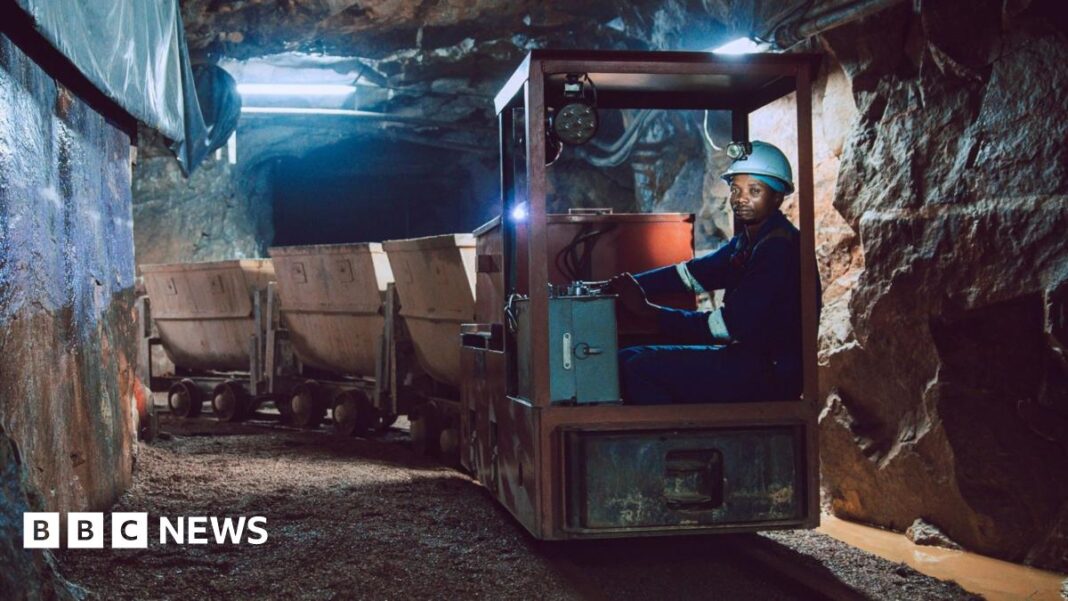U.S. Investment in Africa: A New Era Led by the DFC
In a significant move that underscores shifting geopolitical dynamics, the U.S. International Development Finance Corporation (DFC) is spearheading American investments in Africa. Established during President Trump’s first term in 2019, the DFC is unabashedly focused on countering China’s growing influence in key strategic regions. Its mission is clear: forge partnerships that not only benefit American economic interests but also bolster developmental initiatives in Africa.
The Role of the DFC
The DFC was set up to provide financing and support for private sector growth in developing countries. According to the agency, its primary goal is to counteract China’s increasing presence and influence, especially in Africa. As highlighted on its website, the DFC aims to create opportunities that improve the lives of people while advancing U.S. interests globally.
Investment Opportunities for African Firms
The DFC’s focus on Africa has opened a plethora of opportunities for local firms. A prime example is Rwandan mining company Trinity Metals, which recently secured a $3.9 million grant from the DFC. This substantial funding will aid in the development of the company’s three operational mines that extract tin, tantalum, and tungsten. Such investments signal a commitment not just to resource extraction, but to establishing a more sustainable and responsible mining operations framework in the region.
Supply Chains and Local Impact
Trinity Metals is making waves by redefining supply chain dynamics. The company now sends tungsten from Rwanda to a processing facility located in Pennsylvania, alongside tin to a smelter in the same state. This strategy is not merely about export; it’s about creating a linked supply network directly to the U.S., enabling more streamlined operations and boosting local economies.
Corporate Leadership and Decision-Making
Shawn McCormick, chairman of Trinity Metals, emphasizes that the company’s decision to redirect its supplies to the U.S. was made independently. He points out that the involvement of the U.S. government, through the DFC funding, did not dictate corporate strategy. Instead, it aligns with broader market demands and company goals, showcasing the autonomy and strategic thinking of African firms engaging in global trade.
Ethical and Sustainable Practices
In an industry often critiqued for labor practices, Trinity Metals sets a benchmark for ethical mining. McCormick highlights the company’s dedication to sustainability and ethical standards, ensuring that operations are devoid of child labor and conflict minerals. This commitment not only enhances their reputation but also creates ripple effects in the local communities by providing jobs and respecting environmental standards.
Collaborative Investments
The dynamics of Trinity Metals also reflect a collaborative approach to mining in Africa. With the Rwandan government holding a 5% stake and the critical minerals investment firm, TechMet, as a shareholder, the company embodies a model where local and international players align their interests for mutual benefit. Such partnerships are crucial for fostering a more robust economic environment, focused on innovation and sustainability.
Conclusion: A Forward-Looking Collaboration
The initiatives led by the DFC are reshaping the narrative around U.S. investments in Africa. As a new era begins, the focus is not solely on extraction, but on building a framework that supports local economies, ethics, and sustainable practices while strategically positioning the U.S. in a competitive global landscape. The unfolding story continues to demonstrate that, within this partnership model, both American interests and African developments can thrive hand in hand.



